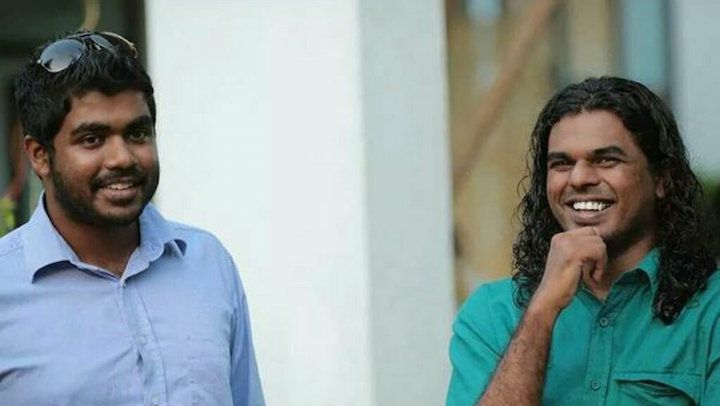Yameen Rasheed: The Rilwan Story
“I remember the exact moment when I first saw Ahmed Rilwan,” Yameen Rasheed wrote. “It was late 2009, and I had just arrived in the Maldives.”

22 Apr 2018, 09:00
April 23 2018 will mark a year since blogger and satirist Yameen Rasheed was murdered. This article was published in February 2015 and has been reproduced with the kind permission of Yameen’s family.
I remember the exact moment when I first saw Ahmed Rilwan. It was late 2009, and I had just arrived in the Maldives. Some bloggers had gotten together to sort of welcome me and get introduced. We were sitting in a sea-side café at night, when he walked in with two other well known bloggers.
We hit it off instantly – and met several times in the subsequent weeks. I remember it all. The free flowing conversations; his brilliant mind brimming with ideas; his incredible knowledge and insight into Dhivehi culture and language; his unique, delightful sense of humour; the silver caps visible when he grinned. I became immediately hooked.
Become a member
Get full access to our archive and personalise your experience.
Already a member?
Discussion
No comments yet. Be the first to share your thoughts!
No comments yet. Be the first to join the conversation!
Join the Conversation
Sign in to share your thoughts under an alias and take part in the discussion. Independent journalism thrives on open, respectful debate — your voice matters.




